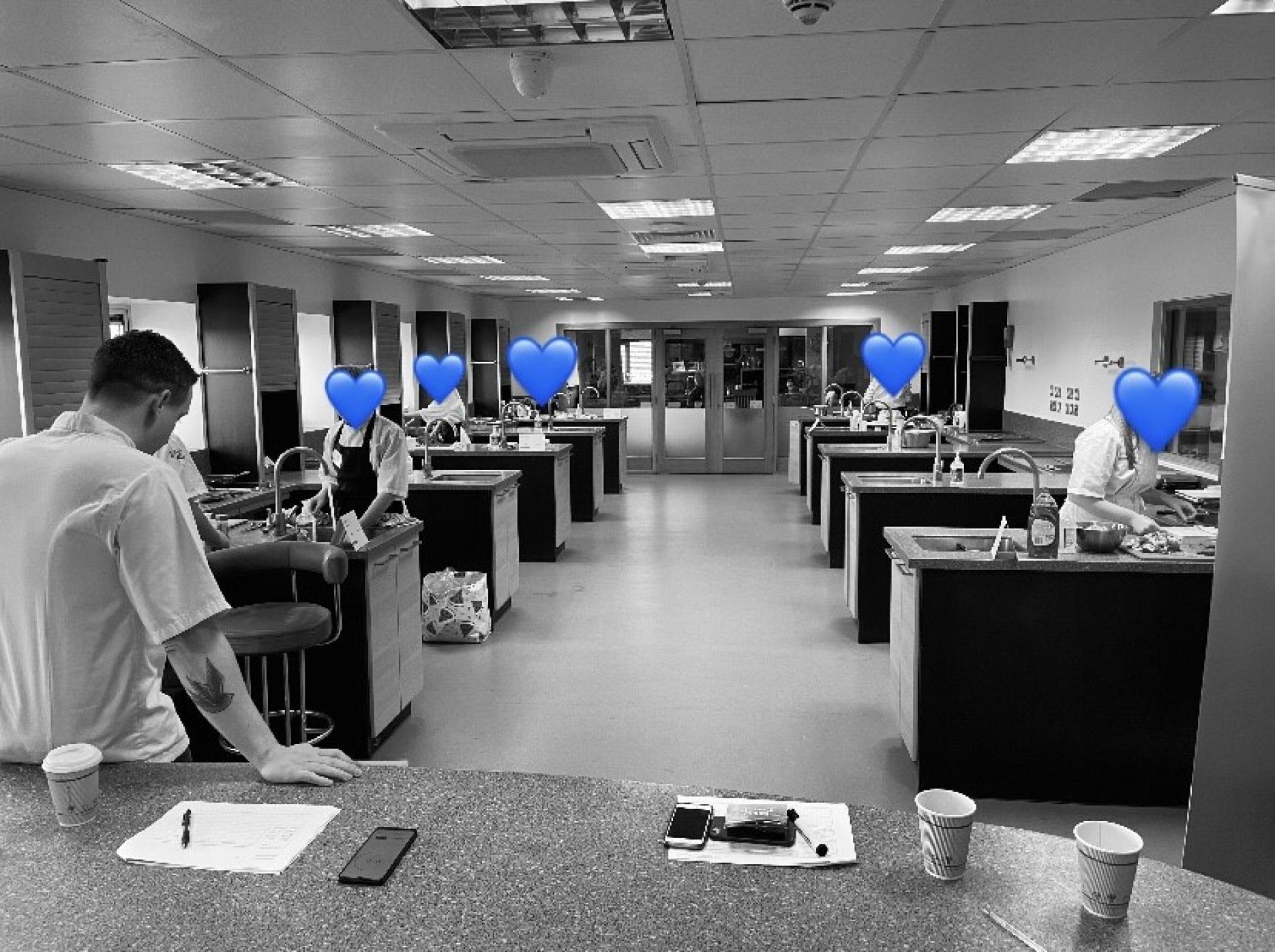
FutureChef Competition: A judge’s-eye view
It is an honour to be part of such a prestigious competition that promotes both the hospitality industry and chef profession. It really is a great forum for students from different schools to come together and participate.
Need for more home economics funding
All of the entrants rely heavily on the support of their schools - particularly the hospitality and home economics departments with their entry. One thing evident from talking to teachers at the heats is how undervalued and poorly funded this part of the curriculum is in many authorities.
When you consider the proportion of students who go on to work in hospitality and the positive health and social outcomes delivered by being able to cook nutritious and appealing meals from scratch, I would love to see this discipline being afforded greater importance than it currently has.
Role as a local judge
Your role is to select the best candidate to go forward to the regional final, representing their school and area. Pupils have one hour to cook and plate two portions of a main course in under an hour with a budget of £5.
The judging criteria is based on creativity and presentation, skills and techniques, taste and flavour and menu balance. Having witnessed the step up in competition and complexity at the regional final, the judges also consider which pupil has the best temperament to be able to cope with this.
At the regional final the pupils have to produce a main course and dessert for two people with a budget of £10 and 90 minutes to achieve this. All of the ingredients used must be weighed and costed, and the pupils have to provide a time plan and recipes for their entry so there is quite a lot of effort involved in getting to this stage.
Role as a mentor chef
The role of mentor chef is to guide and coach the local heat winner through to the regional final. When it comes to deciding what dishes to cook at the regional final, I encourage as much input from the pupil as possible.
Turkish themed menu
This year, my pupil had cooked family recipes influenced by her Turkish heritage and we decided to replicate those, with a few refinements, in the final. Mentoring can have a positive influence in elevating the dishes closer to a 'restaurant' standard and introducing ingredients, skills and techniques that they may not be exposed to in the school environment.
We decided to do a Baklava for dessert to continue the Turkish theme, so the final menu was:
- Turkish Mezze: Lamb Manti dumplings (Tatar Boregi), stuffed vine leaves with pine nuts, lemon and dill, pickled cucumber and fennel salad
- Dessert: Pistachio and lemon Baklava, honey syrup, bees pollen and orange yogurt
We had four mentor sessions prior to the final and they were initially focussed on developing skills and techniques. Towards the end, the focus shifted towards building confidence and speed as there was a lot to achieve in the 90 minute time frame.
Regional final
The regional final took place at the City of Glasgow College and fourteen local winners from central and southern Scotland took part.
The competition depends on a huge amount of industry support, this heat was judged by Willie McCurrach O.B.E., Gary McLean, Gary Townsend, Julie Lin and Jimmy Lee. It was a great opportunity to catch up and network with the other chef mentors as well, all of whom work in senior industry roles.
Result
My pupil did really well and got her food plated up hot and looking great within the 90 minutes. There were a couple of hiccups but as an S3 student she can come back next year and have another tilt at the competition.
The judges stay back to provide positive feedback and although reluctant to ask for any, she was over the moon to be told by Julie that her dishes were full of flavour and one of her favourite entries. Gary said she was easily in his ‘top five’ and these comments have encouraged my pupil to enter again in the future.
Conclusion
Springboard often appeal for chefs to get involved in a mentor role and I would strongly recommend this experience to anyone with the opportunity to contribute. Not only is FutureChef a great way to support hospitality and help build a pipeline of talent for the sector, it is also a wonderful opportunity to network with fellow chefs and professionals.
Background information on Springboard FutureChef
Springboard FutureChef is a schools-based programme across England, Scotland, Wales and Northern Ireland that supports the development of key life skills, whilst inspiring young people to pursue an exciting career within the world of hospitality.
The programme helps to support students build industry based culinary skills and knowledge, as well as connecting teachers and students with industry professionals.
The Springboard FutureChef competition is now in its 25th year, seeing over 200,000 entries, and is now known as ‘the biggest school culinary competition in the UK’.
The Competition helps years 9-11 (England and Wales), S3-S5 (Scotland) and years 10-12 (NI) pupils to develop their culinary talent and supports pupils with entry routes into careers in the kitchen.
